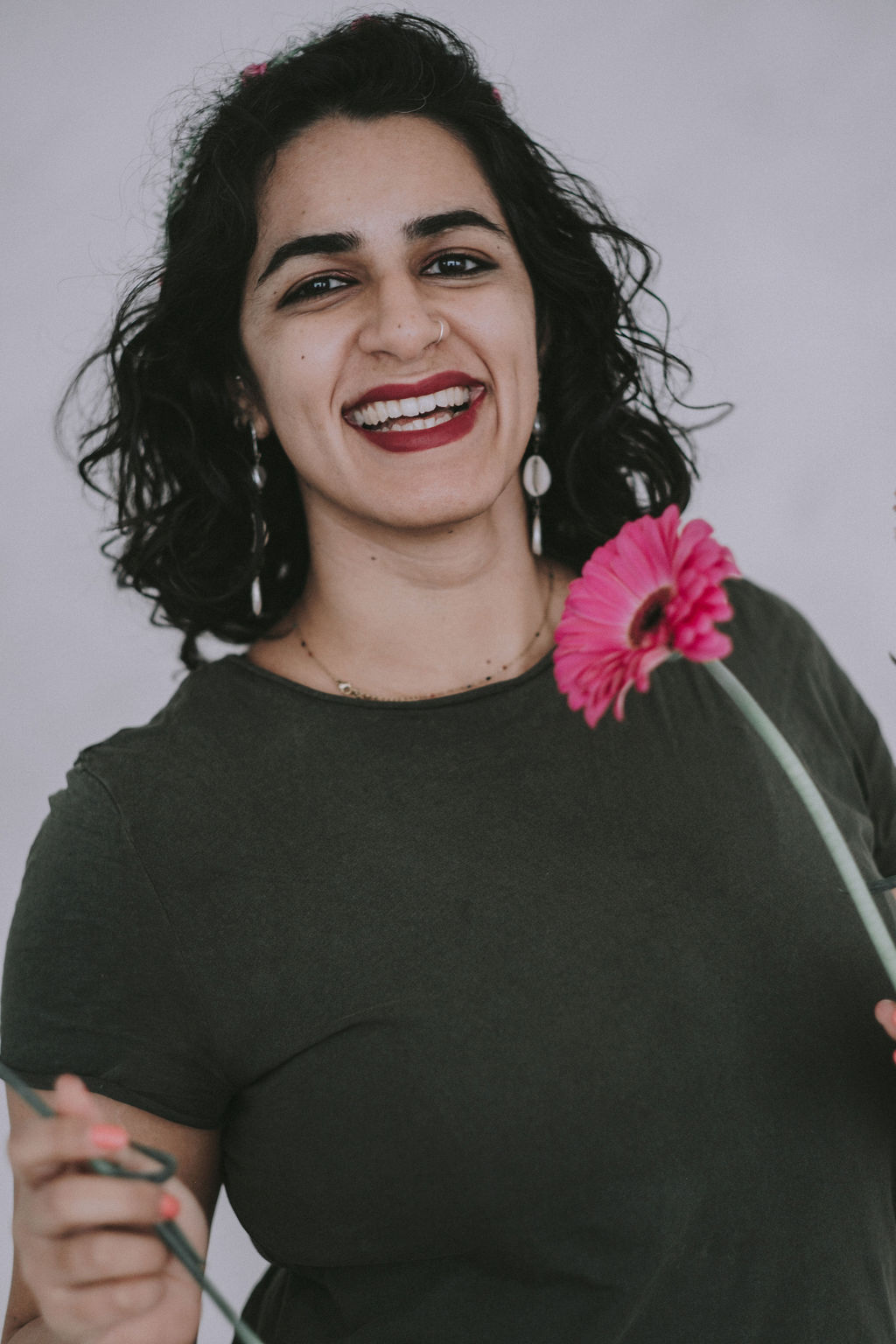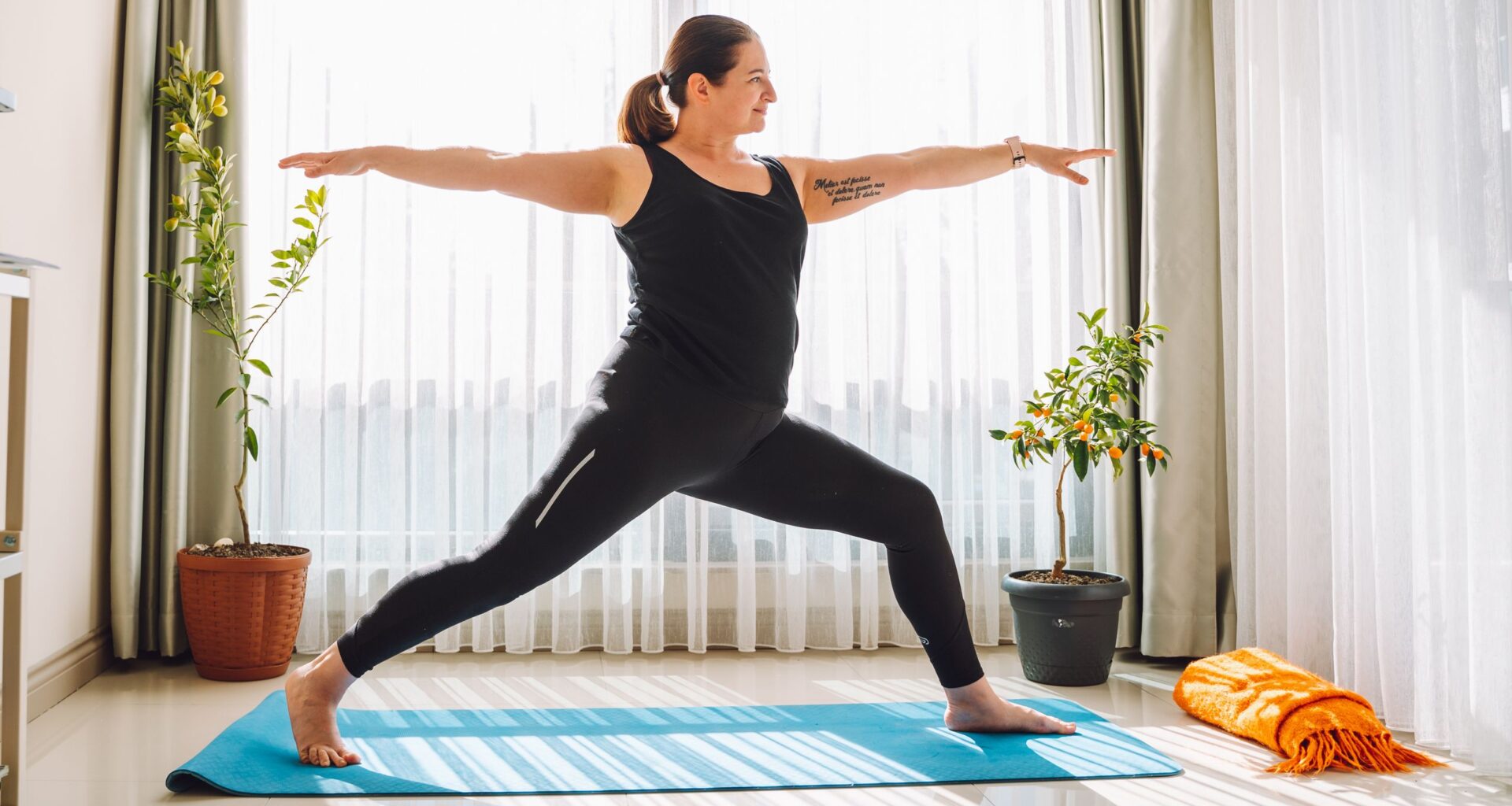Yoga offers lots of benefits—like improved flexibility, strength and balance—but the practice can feel intimidating to newcomers.
Some advanced poses demand a level of flexibility that many of us don’t have and fast-flowing sequences with floor-to-standing transitions can be off-putting.
Luckily, there are lots of ways to adapt your yoga practice to suit your body’s needs.
You may like
Maysun Hassanaly, yoga teacher and owner of Ladina Yoga, says that standing yoga is ideal if you find getting up and down from the floor uncomfortable.
“Standing sequences are a brilliant way to create a practice that’s accessible, confidence-building, and genuinely effective,” she explains.
She recommends starting with the three poses below. When practiced consistently, they can help with stability, strength and mobility.
Before you jump in, she also cautions that it’s important to respect your body, honor its limitations and listen to its feedback.
“Yoga begins by listening,” she says. “Come out of the pose if you feel any pain.”
Image 1 of 3
 (Image credit: Maysun Hassanaly)
(Image credit: Maysun Hassanaly) (Image credit: Maysun Hassanaly)
(Image credit: Maysun Hassanaly) (Image credit: Maysun Hassanaly)
(Image credit: Maysun Hassanaly)
Reps: 10
How to do it:
- Stand upright with a strap, belt or towel in your hands.
- Press your heels into the floor and lower your shoulders away from your ears.
- Extend your arms and hold the strap in front of your chest, with hands wider than your shoulders.
- Inhale and raise the strap above your head.
- Exhale and lower the strap behind you to touch your lower back.
- Reverse the movement and bring the strap in front of your chest again. That’s one rep.
Benefits: Stretches chest and shoulder muscles, potentially improving posture.
Image 1 of 2
 (Image credit: Maysun Hassanaly)
(Image credit: Maysun Hassanaly) (Image credit: Maysun Hassanaly)
(Image credit: Maysun Hassanaly)
Hold: 30sec
How to do it:
- Stand with your legs wide and hands on your hips.
- Inhale and try to extend through your spine
- Exhale and lower your upper body toward the floor by pushing your hips back.
- If comfortable, place your hands on the floor, keeping them aligned with your heels.
- Sink deeper into the stretch with each exhale.
Benefits: Stretches the quadriceps, glutes, and calves, while also relieving tension in the lower back.
Expert tip: To make the pose easier, try keeping your hands on your hips, bending your knees, or placing your hands on yoga blocks instead of the floor.
Image 1 of 3
 (Image credit: Maysun Hassanaly)
(Image credit: Maysun Hassanaly) (Image credit: Maysun Hassanaly)
(Image credit: Maysun Hassanaly) (Image credit: Maysun Hassanaly)
(Image credit: Maysun Hassanaly)
Reps: 3 each side Hold: 3-5 breaths
How to do it:
- Stand with your feet shoulder-width apart.
- Bend your right knee and step your left foot back, keeping your hips facing forward.
- Inhale and lift your arms up with your palms facing each other.
- Exhale and twist your body to the left, extending your arms out at shoulder level. Look at your left hand to maintain your balance.
- Inhale and turn to face forward again, lifting your arms up overhead.
- Exhale and repeat the twist on the right side.
Benefits: Improves balance, posture and spinal mobility.
 Maysun Hassanaly
Maysun Hassanaly
Social Links Navigation
Maysun Hassanaly is a yoga teacher and founder of Ladina Yoga, a London-based eco-yoga brand aimed at empowering African artists. Maysun helps to break down yoga myths and make yoga more accessible to everyone.
